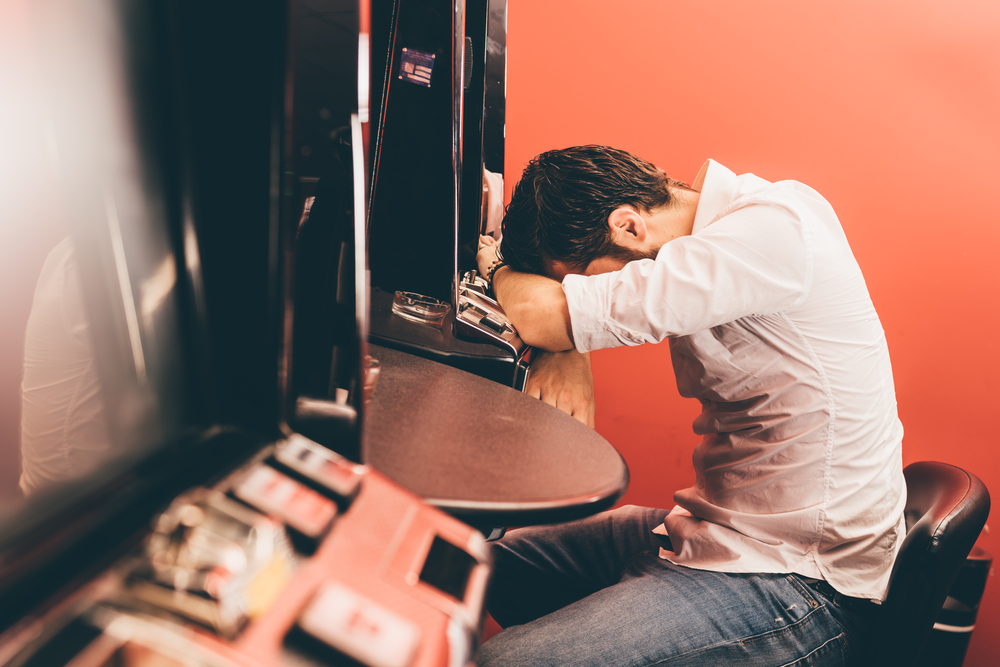The VR industry needs proper use cases and a new injection of excitement to convince the masses. So far, all of these efforts have been in vain, as the general public is still rather unimpressed by virtual reality technology. New brain research shows VR can help people deal with their addictions in innovative ways. A positive development, but one that will not necessarily generate the buzz this industry needs.
Solving Addictions With VR
It is not uncommon for scientific researchers to explore opportunities in the virtual reality industry. This immersive and innovative technology can effectively introduce a lot of prominent use cases, especially in the healthcare industry. In the case of dealing with addictions, virtual reality seems to become the go-to solution in terms of curing addictions and making people rethink their past deeds.
Addictions can come in many different shapes and sizes. Alcohol and drugs are two obvious forms, but one should not underestimate the damage gambling can cause to one’s life either. The Monash Institute in Melbourne is now building a brain facility to help people with this type of addiction. Unlike what most people may think, a gambling addiction will force people to retrain their brain altogether.
This new location, dubbed BrainPark, uses neuroscience and virtual reality to diagnose and treat people suffering from compulsive disorders. There is no medication involved in this regard, as this research is designed to be therapeutic first and foremost. With VR, the clinician, client, and their habits can be put together in a controlled environment. This allows all parties to retrain the brain and ensure they respond to impulses in a different manner.
This new research institute confirms addicts can be tested in a VR environment. Forcing clients to face their triggers will have a much better response than any medication on the market, at least where compulsive disorders are concerned. Gambling addicts, as well as those suffering from contamination-related OCD, are two interesting examples in this regard. These disorders are a direct result of brain responses first and foremost.
If you liked this article make sure to follow us on twitter @thevrsoldier and subscribe to our newsletter to stay up to date with the latest VR trends and news.












